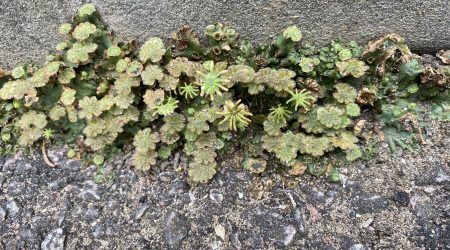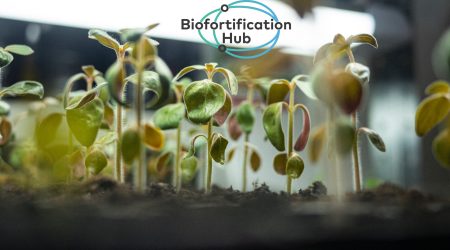We need a truly integrated vision for the Life Sciences

This month saw the launch of a new ‘Life Sciences Vision‘ from Government.
With the year that we have had, and the incredible role that research has played in combatting COVID-19 through developing diagnostics and vaccines, it’s easy to see why the Government wants to celebrate this area of science.
The new document outlines how the response to COVID-19 will be used as a blueprint to accelerate future healthcare innovations in the next decade. And we can all support these ambitions.
But the one disappointment that I have with this vision is that once again the term ‘life sciences’ has been used to describe such a narrow portion of the sector. In my mind what was published this month is more of a vision for medical sciences – looking at how we can address the biggest challenges in healthcare.
The life sciences are truly much broader than just the medical sector. They also encompass topics such as developing sustainable and resilient agriculture with reduced carbon emissions, identifying land-use changes that conserve ecosystems and promote biodiversity, supporting nature-based solutions to help the UK meet its net zero commitments, and mitigating against livestock and crop diseases that could affect our food supply.
And when it comes to health, there is certainly more to health than combating disease. There is a lot in the phrase ‘you are what you eat’. We need to be developing crop varieties that result in safer, more nutritious foods that can improve human health outcomes.
It may sound like a small distinction, but documents like the ‘Life Sciences Vision’ set the trajectory for Government policy and investment for years to come.
By not incorporating the full breadth of the life sciences in this document the Government has really missed an opportunity – not just to support other important aspects of the life sciences, but crucially, it has missed a vital opportunity to integrate initiatives across the life sciences.
Several years ago, UKRI was formed to help break down silos in science. Continuing to separate subjects out in this way risks undoing this progress.
The UN Sustainable Development Goals (SDGs) include challenges like ‘Zero Hunger’ and ‘Good Health and Wellbeing’. These great global challenges we face are only going to be solved by multi-disciplinary teams working together.
By integrating disciplines such as plant, animal and environmental research with the biomedical community, and incorporating elements of computational biology and engineering, we will find our greatest opportunities to address these challenges.
The plant and microbial science community need to be encouraged to integrate ourselves with the biomedical community and command respect for the novel approaches that are being developed in plants and microbes.
I was delighted to see Wellcome recognise the way these life science sectors are integrated in its new vision and strategy which was published last year. Despite the clear links between climate change and the harmful impacts on health, climate had not been traditionally recognised as a health issue, but Wellcome clearly sees a key role for itself in this area.
I would love to see the Government take an equally enlightened view on this.
Earlier this summer the Government announced a new Science and Technology Council, which offers an exciting opportunity to work across Government departments and to accelerate scientific advances across the board.
Many of my colleagues on the Norwich Research Park and I would welcome the opportunity to work with this new Council to help drive a truly integrated vision of how the whole life sciences sector can come together to address global issues.



